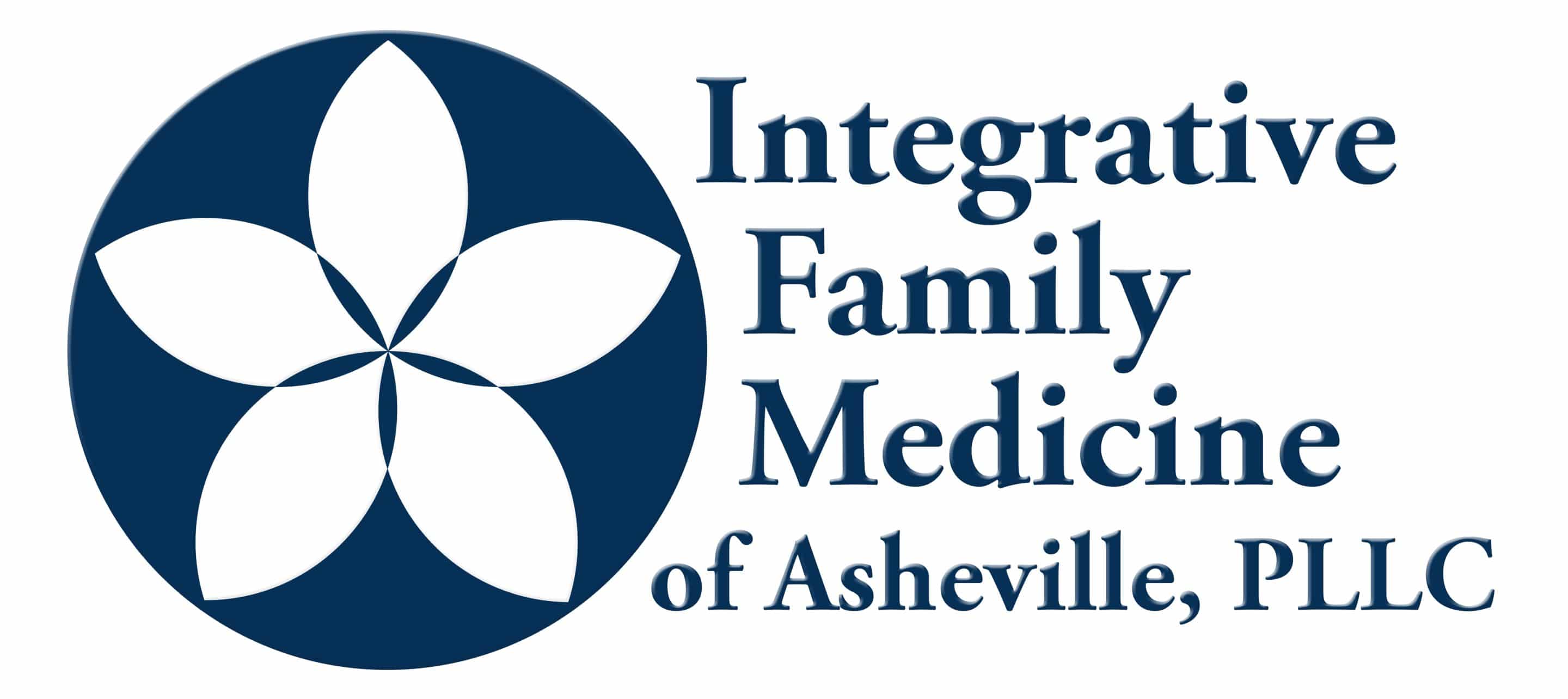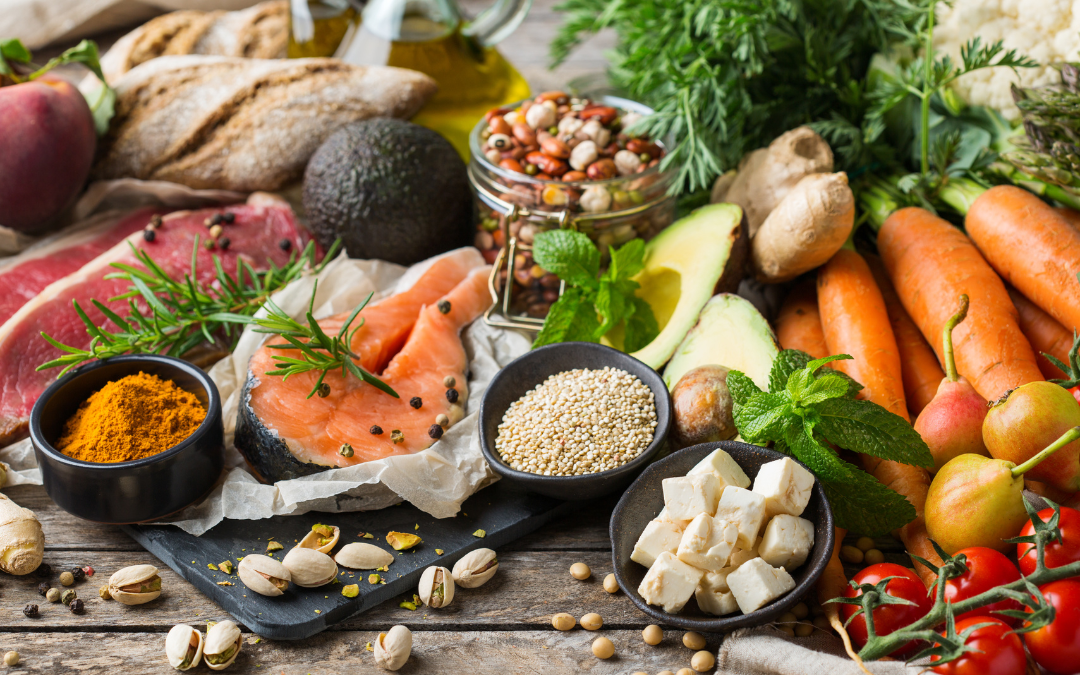This blog was written by Dr. Aneela Cox
Treating hypertension is the bread and butter of primary care (or more like kale and carrots in integrative primary care!). Using lifestyle and holistic treatments to treat or reverse elevated blood pressure is possible through nutrition optimization, herbal medicines, and stress management by working with your integrative medicine provider. In this blog, I will highlight high-yield points for treating hypertension through lifestyle means and when seeking a more conventional treatment is appropriate.
Eating Strategy
In the United States, the average American consumes 4 grams of salt! 4 grams! That is a lot. While our kidneys can amazingly flush this out, they can’t handle that burden over time. In a research study looking at the Dietary Approach to Stop Hypertension diet (DASH diet), eating foods low in saturated fats, a Mediterranean-style diet, with low meats and specifically with salt reduction to 2 grams or less resulted in a significantly lower blood pressure. Therefore, focusing on a Mediterranean-style diet rich in fruits, vegetables, whole grains, fish, nuts, and olive oil with low to no salt can be a great way to help lower your blood pressure.
Be creative when it comes to reducing salt: you can use nutritional yeast for flavoring. You may add more lemon for flavor or spices like turmeric and ginger that have anti-inflammatory properties. Over time, our taste buds shift to adapt to the low-salt lifestyle. But it can take time and patience to get there. You may work with our nutritionist by scheduling an appointment to work through the nutritional changes that best suit your goals.
Data shows that adding flaxseed to one’s diet can help lower blood pressure, systolic by up to 10mmHg and diastolic by 5mmHg! That’s a significant change equivalent to one antihypertensive medication. Grind flax seed and mix it into water, yogurt, or oatmeal as a morning breakfast. Find creative ways to incorporate flax.
In addition, dark chocolate (in moderation) has the benefit of reducing blood pressure. I usually recommend 70% dark chocolate as a treat instead of other desserts.
Reducing alcohol and caffeine has also been shown to lower blood pressure. While these beverages can be an enjoyable part of our day, there are now many healthy alternatives. For example, instead of alcohol, drinking seltzer water with lemon or having a mushroom blend tea instead of your morning coffee are great options. Drinking hibiscus or parsley herbal infusions can also be a great alternative, as both options have been shown to lower blood pressure.
Movement
Regarding movement practices, incorporating moderate-intensity aerobic activity is recommended by the American Heart Association. Moderate intensity is getting your heart rate to 50-70% of your maximum heart rate. At least 150 minutes of this exercise is excellent for cardiovascular health. Here’s what that looks like: 30 minutes 5 times per week of a brisk walk, running, biking, rowing, a dance class, or a fun activity of your choosing where you are getting your heart rate up.
Stress
Stress can significantly impact our blood pressure. Finding healthy coping mechanisms to help reduce stress is vital in alleviating hypertension. Please see the blog post on stress management strategies. Find a practice that resonates with you, whether it is a gentle breathwork or meditation practice, journaling, or talking to a friend or a therapist. I will see patients who are chronically stressed with high blood pressure readings who will start a breath practice or use guided imagery while checking their blood pressure before and after the practice and see a tremendous change in blood pressure readings. Now, we don’t want to mask hypertension if blood pressures are persistently high during the day. However, chronic stress plays a role in blood pressure readings. Taking proactive approaches to reduce stress can make dramatic changes in blood pressure.
Sleep
Short sleep duration, irregular sleep patterns, and sleep apnea are all associated with hypertension. Making sleep a priority can help manage or prevent hypertension. Check out the Huberman Lab sleep toolkit for tools and techniques. If you snore or think you may have sleep apnea, talk to your provider about completing a sleep study and get treated.
What if medication is needed?
You have tried everything – you are at the pinnacle of health – you eat a Mediterranean, plant-forward, low-salt diet, you are a triathlete, get good sleep, and are super zen. But your blood pressure is still high. Unfortunately, both genetics and age play a role in that. We can’t change genetics, and aging is inevitable. As our bodies age, our blood vessels stiffen; therefore, herbal formulations and medications can become essential tools in your toolkit. Discuss treatment options with your integrative medicine provider to see which options are available to you.
In summary, health is at your fingertips, and you have the power to improve your blood pressure. If motivation is needed, working with our integrative health coach can be the next step for accountability. Or if specific nutrition guidance is needed, talking to our nutrition consultant for a more nuanced nutrition plan could make the difference. Improving your blood pressure through lifestyle modifications will improve your heart health, resiliency, and generalized wellness.

This blog post was written by Aneela Cox, MD, a medical doctor at Integrative Family Medicine of Asheville. You can read more about Dr. Cox in her bio.
Resources:
- Integrative Medicine by David Rakel, MD
- Rodriguez-Leyva D, Weighell W, Edel AL, LaVallee R, Dibrov E, Pinneker R, Maddaford TG, Ramjiawan B, Aliani M, Guzman R, Pierce GN. Potent antihypertensive action of dietary flaxseed in hypertensive patients. Hypertension. 2013 Dec;62(6):1081-9. doi: 10.1161/HYPERTENSIONAHA.113.02094. Epub 2013 Oct 14. PMID: 24126178.

